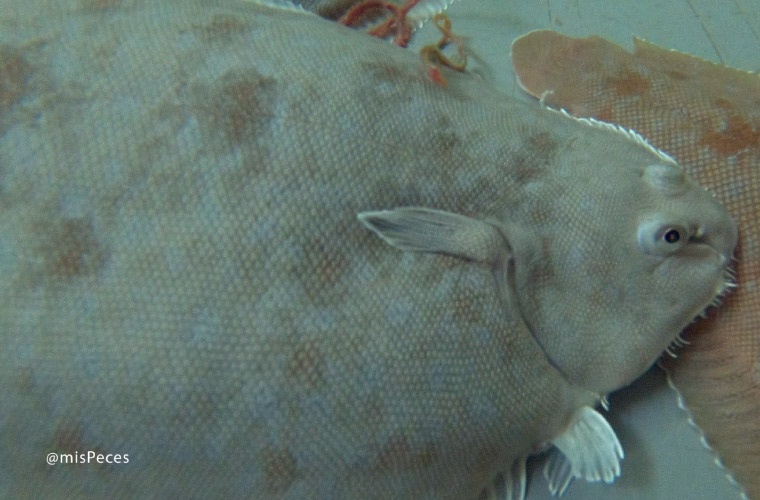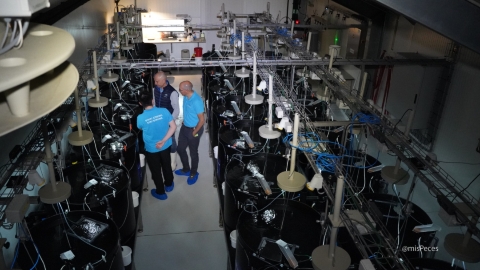
Unlike their wild counterparts, farmed Senegalese soles face severe reproductive issues that are slowing down the expansion of their farming. These challenges stem from reproductive dysfunctions, including poor sperm quality and low sperm quantity in males, which force fish farmers to rely on wild-caught broodstock and artificial reproduction techniques.
This dependency not only increase costs and complicates genetic improvement programs but also raises concerns about long-term sustainability.
Numerous research efforts are underway to uncover the root causes of these reproductive dysfunctions. Studies are investigating how environmental factors during rearing-such as inadequate environmental stimuli, fluctuations in water temperature, light exposure, and water composition during early development-can affect the expression of genes linked to reproduction. Other investigations are exploring epigenetic factors or potential nutritional deficiencies that could play a role.
In the area of nutrition, a research from the Centre for Marine Sciences (CCMAR) at the University of Algarve, in Portugal, has posed a crucial question: Could the bioactive compounds found in certain micro- and macroalgae improve sperm quality in captive-bred Senegalese sole without disrupting spermatogenesis?
The answer, according to current research, is mixed and still incomplete. The results published in Aquaculture revealed that diets supplemented with a blend of microalgae Phaeodactylum tricornutum and macroalgae Gracilaria gracilis can enhance certain antioxidant parameters and reduce oxidative stress and DNA fragmentation in sperm during key moments of the breeding season. However, the results also highlighted unexpected drawbacks.
As the researchers explain, some bioactive compounds in algae appear to interfere with essential processes such as DNA replication and spermatogenesis, potentially limiting both the quality and quantity of sperm across the breeding season.
Next steps in the research
The next phase involves delving deeper into identifying and isolating the specific bioactive compounds in algae responsible for both the positive and negative effects on sperm quality. This will require further studies to determine optimal dosages and algae combinations, as well as assessing their long-term impact on reproduction and overall health.
Moreover, complementary strategies-such as environmental manipulation and genetic improvement-will be essential for tackling the reproductive challenges of this captive-bred species in a holistic way.
The researchers emphasise that while algae hold great promise, it is critical to identify and harness only the most beneficial compounds to maximise positive outcomes without compromising reproductive function. Achieving this balance will be key to unlocking the potential of Senegalese sole farming in the future.


